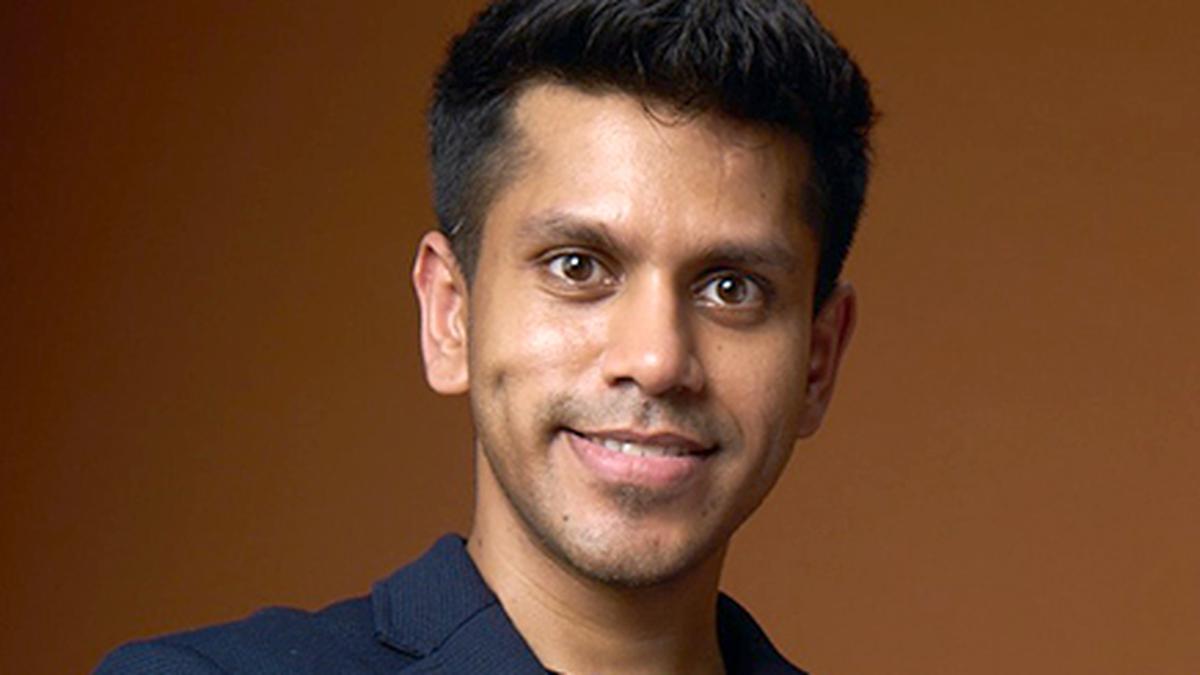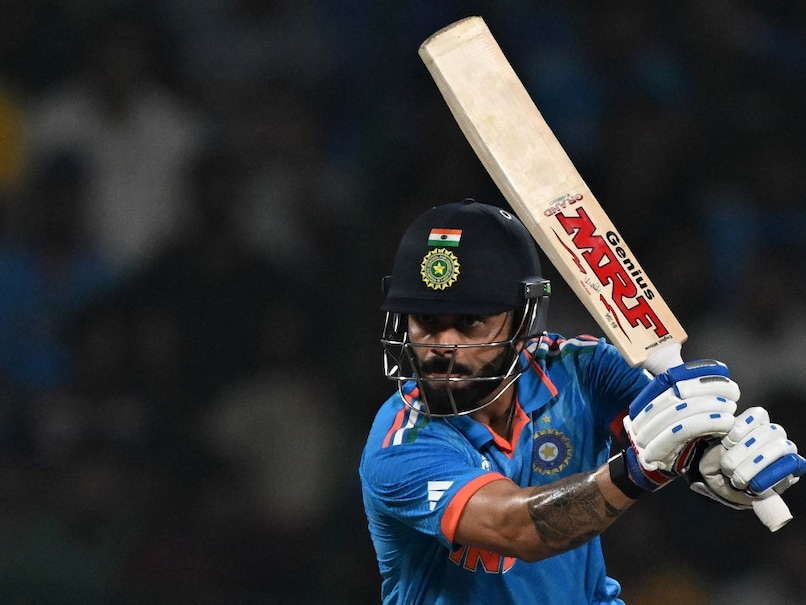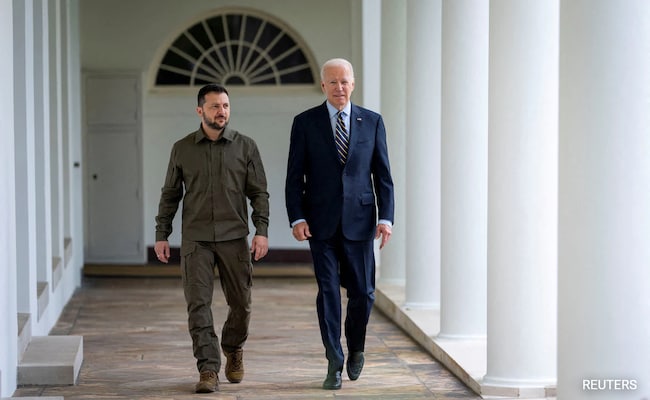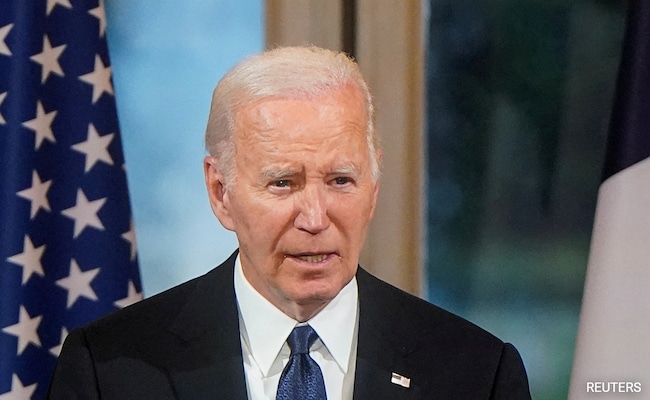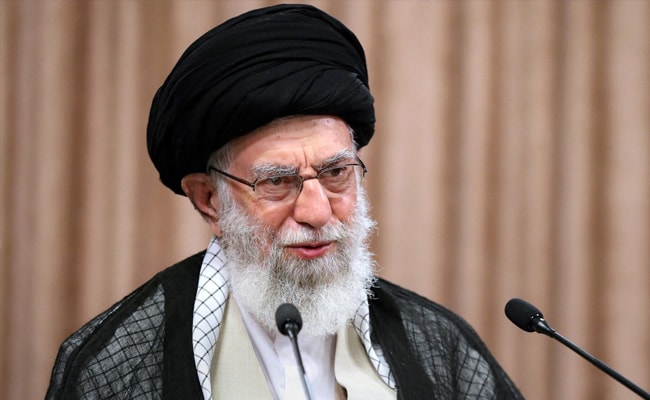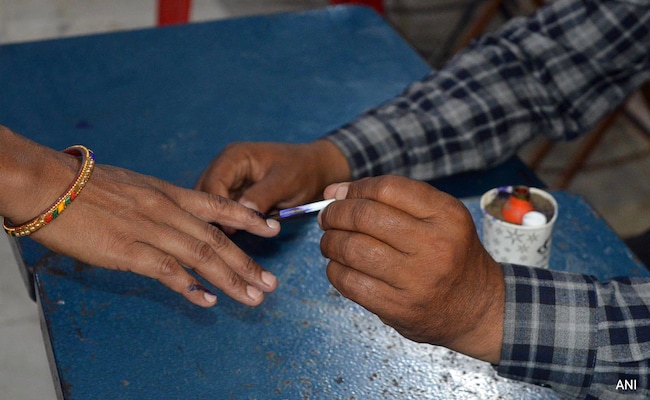Supporters of imprisoned former Prime Minister Imran Khan’s party Pakistan Tehreek-e-Insaf distribute sweets to passersby to celebrates the Supreme Court decision in a case of reserved seats for women and minorities in the parliament, in Lahore, on July 12, 2024.
| Photo Credit: AP
Former prime minister Imran Khan’s Pakistan Tehreek-e-Insaf will emerge as the largest party in Parliament with 109 seats after the Supreme Court on July 12 ruled that it is eligible for the allocation of reserved seats for women and minorities, according to a media report.
In a major legal victory for 71-year-old Khan’s Pakistan Tehreek-e-Insaf (PTI) party, a 13-member full bench of the apex court headed by Chief Justice Qazi Faez Isa annulled the Peshawar High Court’s decision upholding the Election Commission of Pakistan’s (ECP) move to deny its share in reserved seats in the National Assembly and provincial assemblies.
The bench also declared the decision of the top electoral body “null and void”, terming it “against the Constitution of Pakistan”.
The PTI will emerge as the largest party in the National Assembly as its seats will likely soar from 86 to 109 after it gains 23 reserved seats, Geo News reported.

The Opposition alliance in the National Assembly will also surge to a strength of 120, the report said.
Currently, the combined opposition, including the PTI, has 97 members.
Khan’s party has 86 members in the lower house, 84 of whom are on board with the Suni Ittehad Council (SIC) and two independents — party leaders Barrister Gohar Ali Khan and Omar Ayub Khan.
With the majority seats of the PTI in the lower house of the legislature, the ruling coalition led by Prime Minister Shehbaz Sharif’s Pakistan Muslim League-Nawaz (PML-N) will continue to occupy the simple majority with the strength of 209 members. The PML-N has a total of 108 members.
Major setback for the ruling coalition
The apex court’s ruling in the keenly awaited judgment is viewed as a major setback to Prime Minister Sharif’s ruling coalition, increasing pressure on it by changing the composition of the National Assembly and paving the way for the PTI’s return to Parliament.
“[The] withdrawal of election symbol cannot disqualify a political party from elections,” the court declared, referring to the election commission not allowing the PTI to use the cricket bat as its election symbol. “The PTI was and is a political party,” the bench ruled.
Khan, a cricketer-turned-politician, founded the PTI in 1996.
The dispute about the reserved seats was related to the rejection of a SIC plea by the ECP to award its share in the 70 reserved seats in the National Assembly and another 156 in the four provincial assemblies.
The PTI party could not contest the February 8 elections as the ECP rejected its intra-party elections and deprived it of its iconic ‘bat’ symbol for contesting the elections as a party.
Hence, it was not eligible to claim the seats reserved for women and minorities awarded to the winning parties based on proportional representation.
So its candidates, who had won independently but with the support of PTI, were asked by the party’s leadership to join the SIC to form a parliamentary party to claim reserved seats.
The joining of PTI lawmakers made the SIC prominent, which, otherwise, was a dormant entity.
The final ruling by the top court in the case may not change the current power structure, but changes in the overall number game in the assemblies may impact the law-making in the country.



